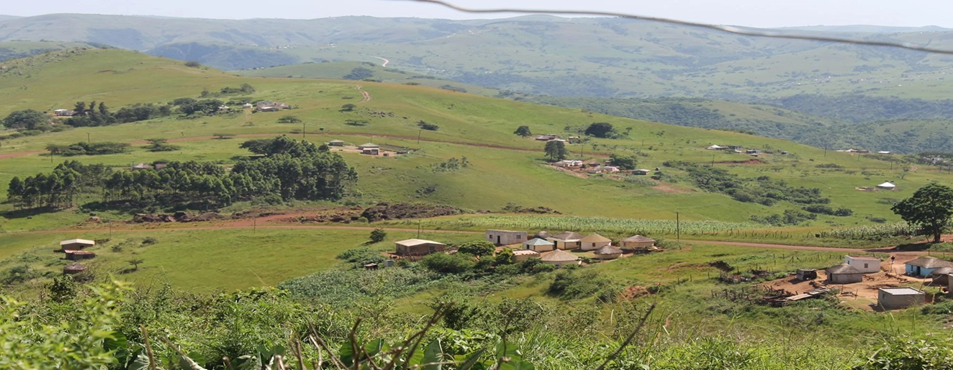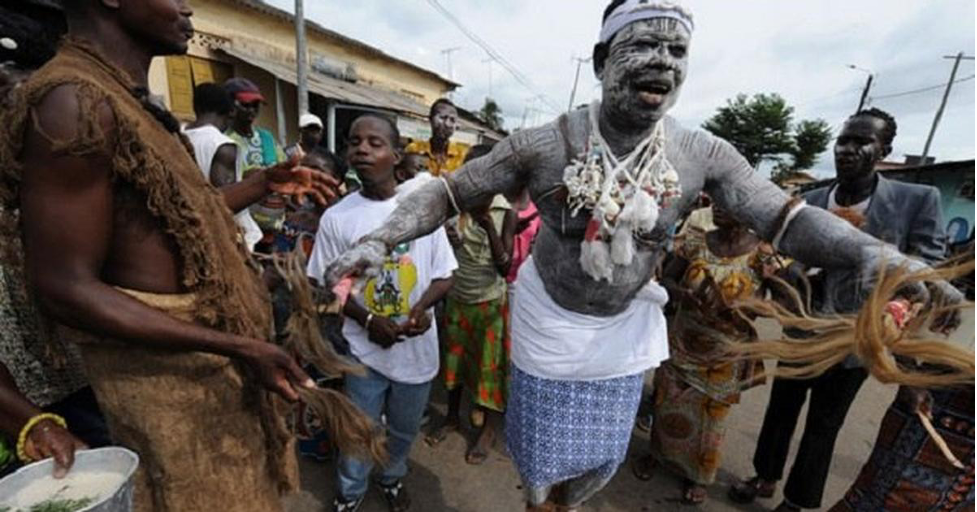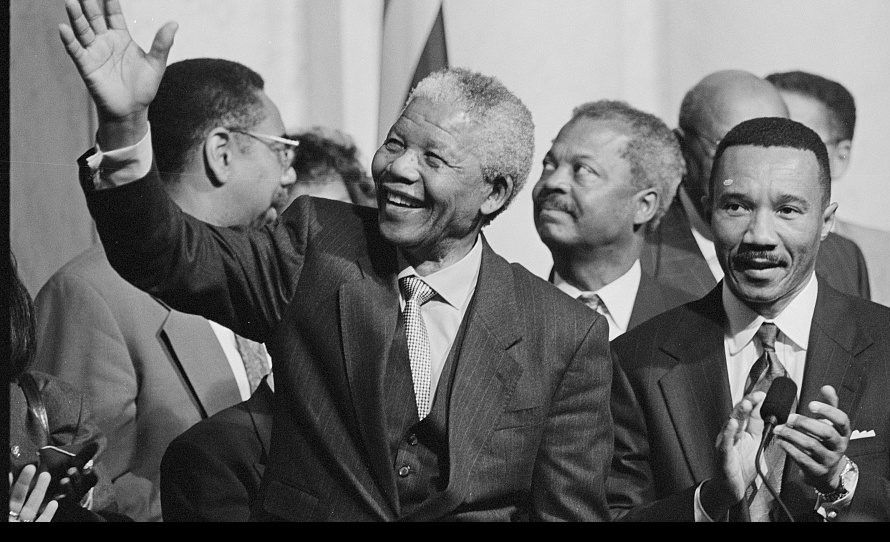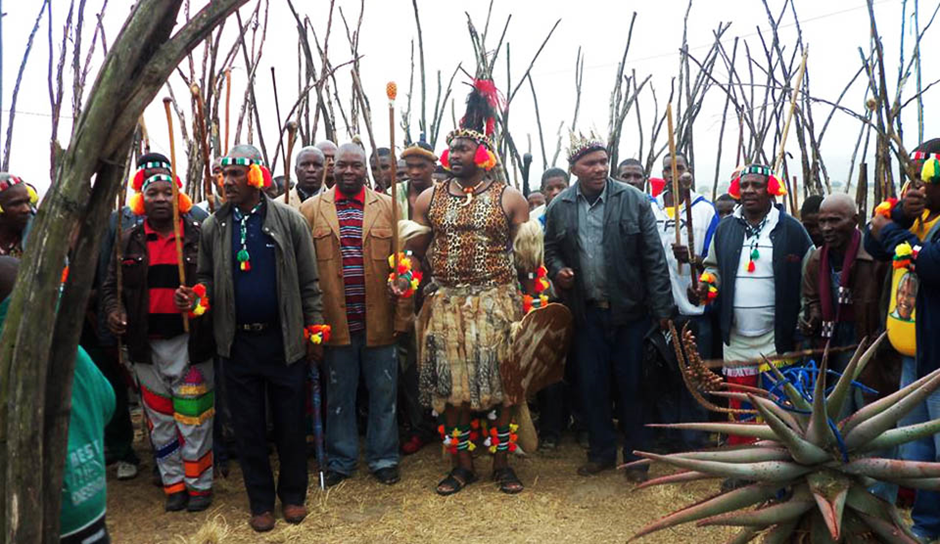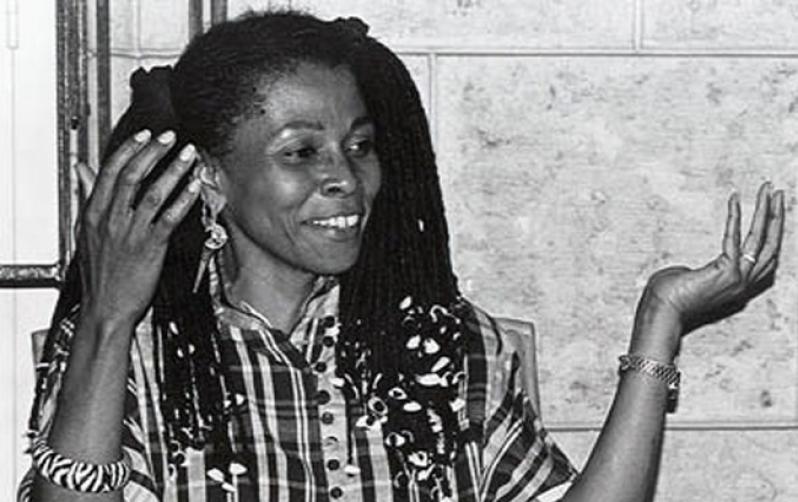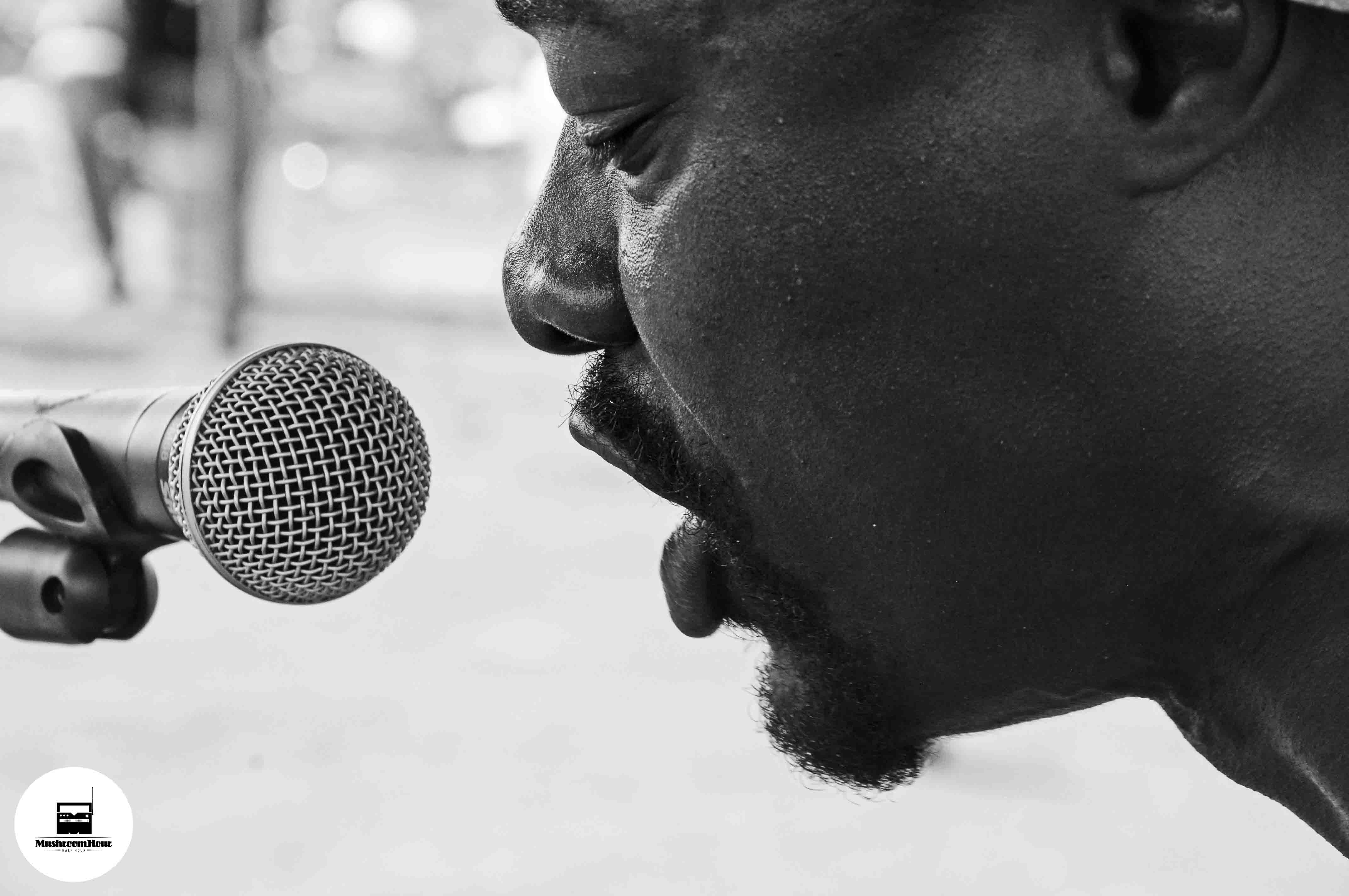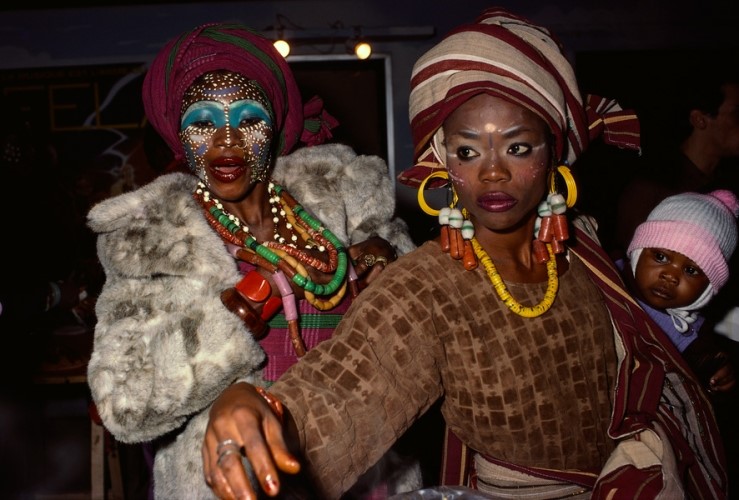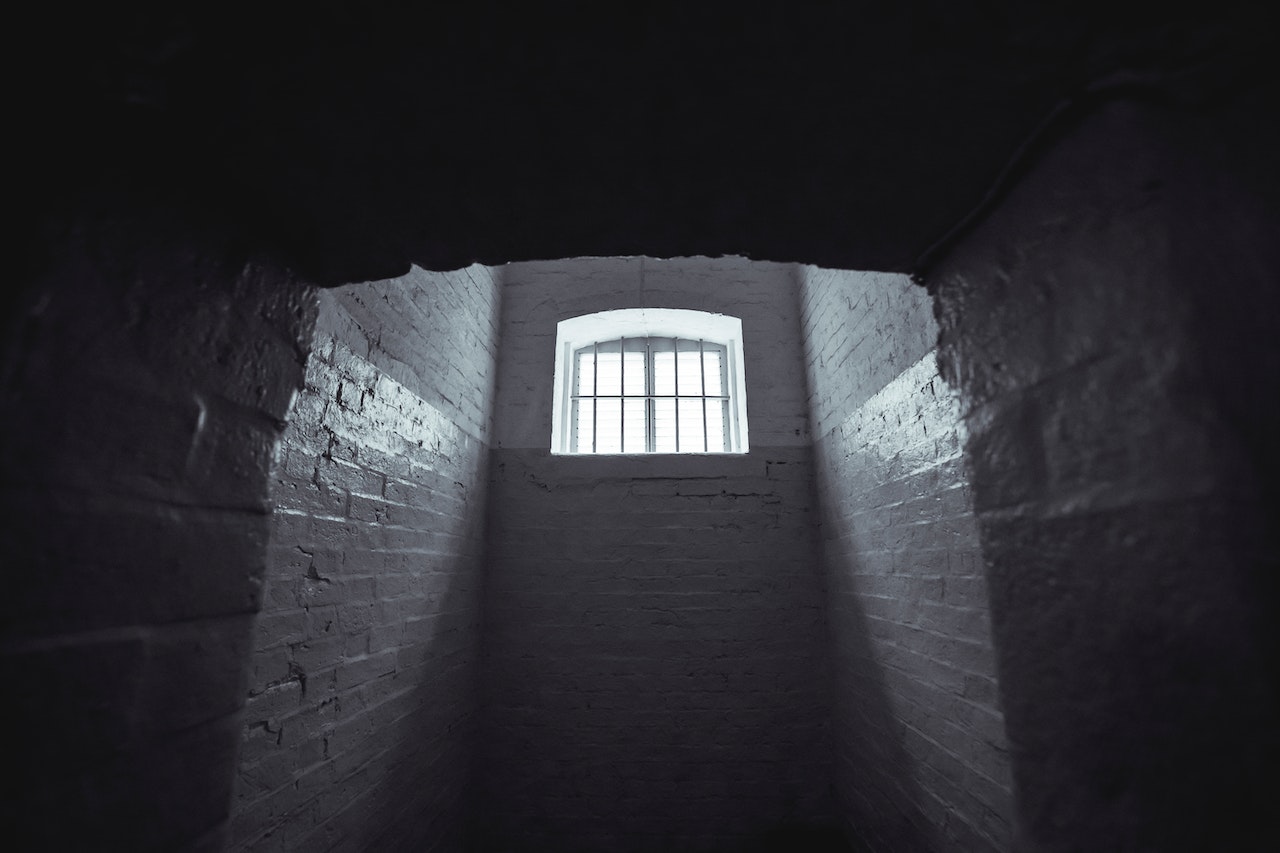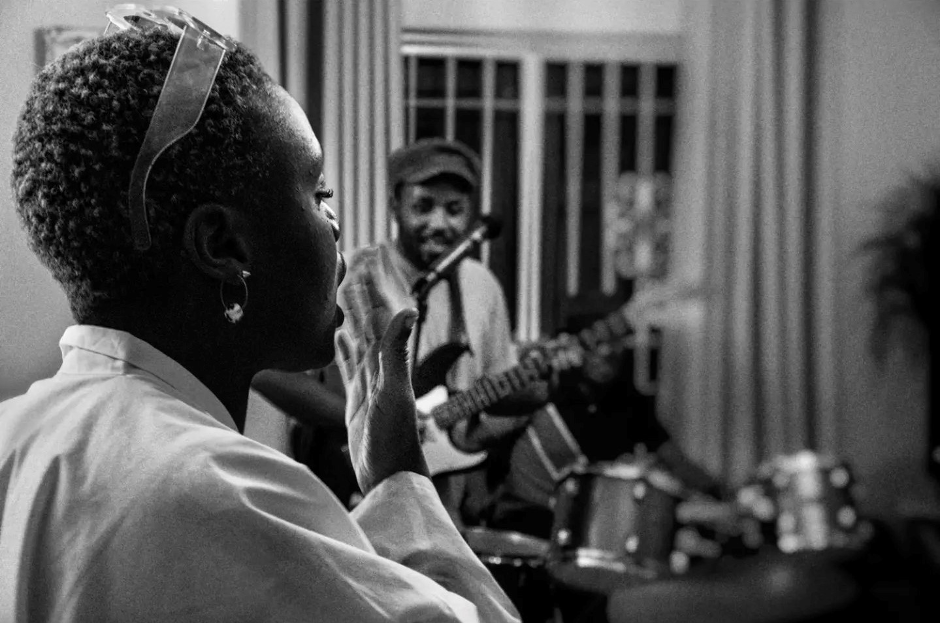The mystery and controversies surrounding the Ingonyama Trust continue to capture everyone's attention, yet it remains one of the least understood public institutions in South Africa. The reason for this situation is that the true character and identity of this entity are shrouded in the country's dark history and political misinformation designed to protect it. This article aims to shed light on this oppressive structure as the black majority in South Africa, especially in KwaZulu-Natal (KZN), yearn for freedom and land rights.
The Ingonyama Trust was established in 1994 by the former KwaZulu Bantustan under the KwaZulu Ingonyama Trust Act. This act stipulates that the land must be administered for the "benefit, material welfare, and social well-being of tribes and communities." The Ingonyama Trust is significant because it controls a substantial amount of land in KZN, which was previously allocated to the odious Bantustans by the apartheid state. This implies, as Sizwe Mpofu-Walsh puts it, that "apartheid did not die; it was privatized" for the benefit of a select few.
In 1997, the democratic National Parliament of the Republic of South Africa amended this troubling law to align it with the modern constitutional order. This was a grave political error, as it not only perpetuated the remnants of the Bantustans but also ensured that the oppression and landlessness of Africans in the Natal Colony continued unabated. Moreover, the people have been entirely forgotten as the victims of previous merciless regimes that deprived them of their land rights.
Although there is excitement about land restored to communities after 1994, the reality is that people disturbingly are not free to own land. Land in these areas is still held in trust by the state, with traditional leaders who were installed by colonial and apartheid rulers remaining as custodians on behalf of the occupiers and de facto owners.
These layers of subjugation have made land ownership in South Africa the central issue of our time. Therefore, it will be a significant challenge to peel back these layers for people to understand the difficult position they are in, including the oppression inherent in the structure that controls the land of the invisible 'Zulus.'
Land restitution and redistribution face problems primarily because they draw heavily from the country's troubled history of dispossession and displacement of the African majority. It is claimed that the state is often hesitant to grant full control of the land to beneficiaries, preferring to maintain production through joint ventures that favour certain companies with politically connected BEE (Black Economic Empowerment) partners. This model is also observed in Kenya, where only a select few have benefited from land redistribution since independence.
Nevertheless, the BEE cronies have the advantage, as they can finance their farms from other sources and are first in line to receive state funding through a Recapitalization and Development Programme. In addition to traditional authorities like the Ingonyama Trust, black communities have to contend with abuse from wealthy BEE individuals and white farmers.
One of the major challenges related to trusteeship is the requirement by the Proactive Land Acquisition Strategy (PLAS) that black beneficiaries must secure a mentor or strategic partner before becoming eligible for financial production support from the state. The majority of these mentors or strategic partners are white farmers or large agri-business corporations.
This is why many politicians and individuals now own farms, with the needs of the people and their rights falling off the political agenda. Consequently, unsavoury experiences render the ideal of justice in land reform a mere illusion, as argued by Thembela Kepe and Ruth Hall.
The Trust faces allegations of engaging in unlawful practices within rural villages in the Natal Colony. These practices include imposing rent on land owned communally by the residents and making unilateral decisions regarding communally owned land.
For many communities across South Africa, the land remains "a symbol of continued colonization." Many colonial conquest projects were justified using the concepts of 'guardianship' and 'trusteeship,' founded on the notion of 'rescuing' or 'civilizing' the 'subjugated' populations.
The KwaZulu-Natal Ingonyama Trust Amendment Act of 1997 transformed the Ingonyama Trust into a public institution subject to the same governance mechanisms as any other. These mechanisms encompass compliance with the Public Finance Management Act (PFMA), financial reporting, revenue declaration for tax and other purposes, expenditure, and more.
A recent report from the Mail & Guardian revealing alleged malpractice acts by the former chairman of the board, Jerome Ngwenya, who was also reportedly a source of tension between the king and the late Mangosuthu Buthelezi, demands a criminal investigation and indictment.
The board is appointed by and reports to the Minister of Agriculture, Land Reform, and Rural Development. It is estimated that the trust collects about R90 million a year from commercial, agricultural, and mining leases on land under its control, in addition to receiving R20 million a year from the state. Therefore, all these are public funds that must be accounted for and reported to the relevant legislative bodies and parliament, including SCOPA and the relevant committees. During his tenure, Ngwenya allegedly declined to submit the organization's financial statements to both the Auditor General of South Africa and parliament.
The sole trustee of the Ingonyama Trust is the Zulu monarch, which grants him extensive powers even on lands and among people who are non-Zulu, under the old colonial doctrine of paramountcy, which established the Zulu as prefects or supervisors over the subjugated populations in the Colony on behalf of the British colonial authorities in the late 1800s. This trusteeship idea "legitimizes the rule of the capable on behalf of the incapable."
The incapable and landless underclasses in KZN believe that there is no reason to limit the Zulu king from accessing the funds collected as levies on land under the Ingonyama Trust's control. The Zulu monarch already receives more than R60 million from the state, along with additional benefits such as official vehicles and security.
The troubling trusteeship model is still evident in all three aspects of land reform in South Africa, namely redistribution, restitution, and tenure reform. Therefore, it is undeniable that continuing trusteeship in all areas of land reform perpetuates the colonial present. Both Kgalema Motlanthe's Parliamentary High-Level Panel and the Presidential Advisory Panel on Land Reform and Agriculture, chaired by Dr Vuyokazi Mahlati, rightly recommended the repeal of the Trust Act.
Furthermore, a court judgment (see the Makhasaneni community in Melmoth) in 2021 clarified that the IPILRA (Interim Protection of Informal Land Rights Act 31 of 1996) applies to Ingonyama Trust land. The court ruling confirmed that the "true and ultimate owners" of the land are not anyone else. It obligated mining companies and other economic actors to negotiate with affected land rights holders and compensate them for the loss of their land. The MPRDA provides for the notion of 'free, prior, informed consent,' which was reconfirmed by the 2018 Concourt involving the Lesetlheng community in the North-West.
Therefore, the Trust has no legal right to enter into lease agreements with companies to the exclusion of those whose land rights were affected. Mining and other companies are unquestionably obliged to seek the consent of people whose land rights are affected if they wish to mine on Ingonyama Trust land.
The Ingonyama Trust is also used to rationalize the existence of many trusts and white minority ownership that hold over 72% of the land in South Africa. Uncontrolled capitalism and colonialism continue to disenfranchise Africans, making genuine land reform a constant struggle.
Ours is land reform born in chains.

